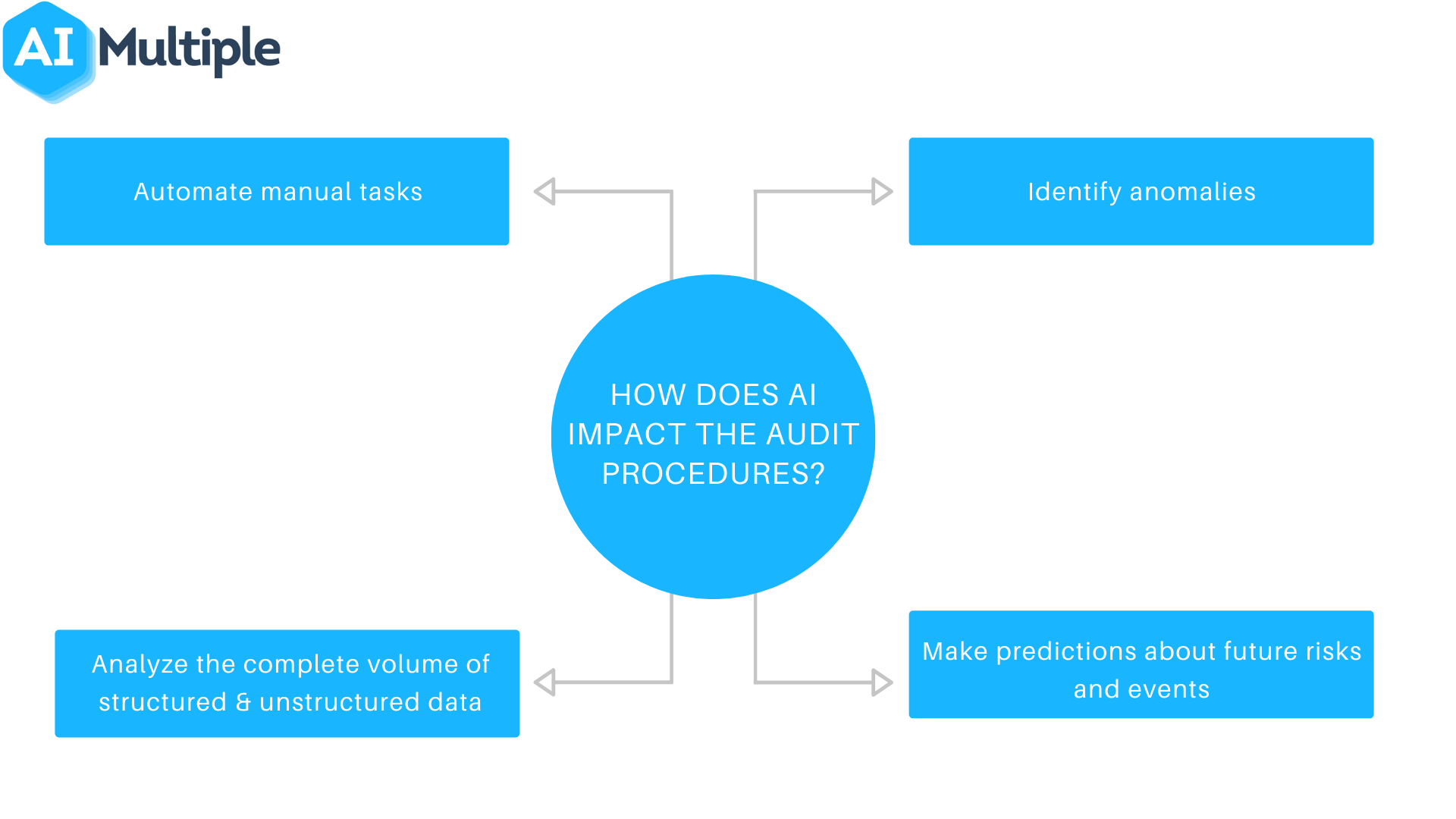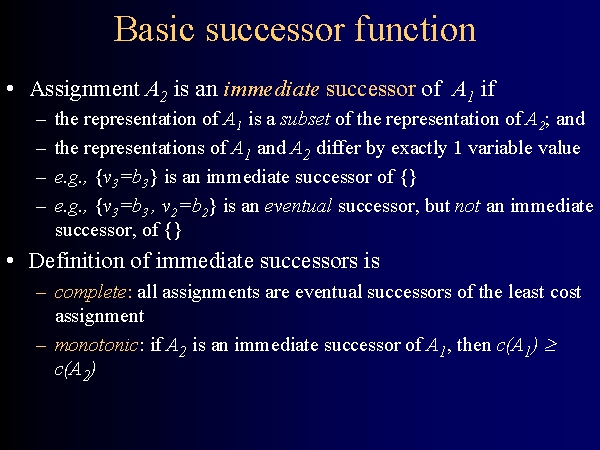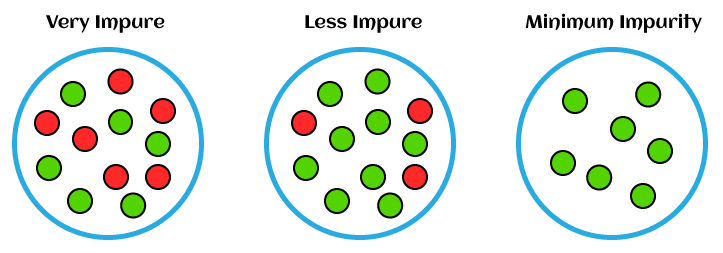Artificial intelligence (AI) is no longer a thing of the future. It is now a reality that has already been integrated into various aspects of our lives. From chatbots to self-driving cars, AI is getting more and more sophisticated by the day. However, with this level of sophistication comes a new set of challenges in ensuring that AI behaves ethically and adheres to standards set by regulatory bodies. This is where auditing comes in.
Auditing AI systems involves reviewing the algorithms, data, and systems that make up the AI technology. In doing so, auditors can identify any potential biases, errors, or malfunctions that may be present within the system. This is crucial in ensuring that AI technology is transparent, fair, and reliable. In this article, we will discuss how to audit artificial intelligence, the importance of auditing, and the steps that auditors can take to ensure that AI is working as intended.
- Understand the purpose of the AI system: what are the goals, objectives, and outputs?
- Identify the data sources used to build the AI system: what kind of data is used and where does it come from?
- Assess the accuracy of the data: is it reliable and up-to-date?
- Evaluate the AI algorithms: are they efficient and effective?
- Test the AI system: does it work as intended?
- Review the audit trails: did the system detect any errors or anomalies?

How to Audit Artificial Intelligence
The ability to audit artificial intelligence (AI) is increasingly important as the technology advances. AI can be used to make decisions that would normally require human input, but it is essential to ensure that the AI can accurately and properly assess the given data. Auditing AI can help identify potential flaws and ensure that the AI is providing accurate results. This article provides an overview of how to audit AI.
Define the Scope of the Audit
The first step in auditing AI is to define the scope of the audit. Different types of AI may require different types of audits, and it is important to determine the scope of the audit to ensure that the audit is comprehensive and covers all relevant aspects of the AI system. This includes considering the type of AI, the data sources, the algorithms used, and any other relevant factors.
It is also important to ensure that the audit has the proper resources to conduct the audit. This includes having access to the data sources and the AI system, as well as any personnel or experts who can provide insight into the AI system. This can help to ensure that the audit is conducted properly and that the results are accurate and reliable.
Understand the AI System
The next step in auditing AI is to understand the AI system. This includes understanding how the AI system works, the algorithms and data sources used, and any other relevant factors. Understanding the AI system is essential for conducting a thorough audit, as it helps to ensure that the audit is comprehensive and that the results are accurate.
It is also important to understand the limitations of the AI system. This includes understanding any areas where the AI may not be able to provide accurate results, as well as any areas where the AI may be vulnerable to attack or manipulation. Understanding the AI system can help to ensure that the audit is thorough and that the results are accurate and reliable.
Conduct the Audit
Once the scope and objectives of the audit have been defined, the next step is to conduct the audit. This includes reviewing the data sources and algorithms used, as well as any other relevant factors. It is important to ensure that the audit is comprehensive and covers all relevant aspects of the AI system. This can help to ensure that the audit is thorough and that the results are accurate and reliable.
The audit should also include testing the AI system to ensure that it is functioning properly and providing accurate results. This can include testing the accuracy of the results, as well as testing for any potential flaws or vulnerabilities. Testing the AI system can help to ensure that the audit is comprehensive and that the results are accurate.
Analyze the Results
Once the audit is complete, the next step is to analyze the results. This includes reviewing the data sources and algorithms used, as well as any other relevant factors. It is important to ensure that the analysis is comprehensive and covers all relevant aspects of the AI system. This can help to ensure that the results are accurate and reliable.
The analysis should also include identifying any potential flaws or vulnerabilities in the AI system. This can include identifying any areas where the AI may not be able to provide accurate results, as well as any areas where the AI may be vulnerable to attack or manipulation. Identifying potential flaws and vulnerabilities can help to ensure that the audit is thorough and that the results are accurate and reliable.
Document the Findings
Once the analysis is complete, the next step is to document the findings. This includes documenting any potential flaws or vulnerabilities in the AI system, as well as any areas where the AI may not be able to provide accurate results. Documenting the findings is essential for ensuring that the audit is thorough and that the results are accurate and reliable.
It is also important to document the audit process and the findings in a manner that is easily accessible and understandable. This can help to ensure that the audit is comprehensive and that the results are accurate and reliable. Documenting the audit process and findings can also be useful for future audits, as it can help to ensure that the audit is thorough and that the results are accurate and reliable.
Frequently Asked Questions
AI auditing is the process of assessing the accuracy, reliability, and compliance of AI models and technologies. It involves the use of automated tools and manual testing to identify potential issues and evaluate AI systems.
What is AI auditing?
AI auditing is the process of assessing the accuracy, reliability, and compliance of AI models and technologies. It involves the use of automated tools and manual testing to identify potential issues and evaluate AI systems. AI auditing is important to ensure that AI models are performing as expected and that they do not pose any risks to the business or its stakeholders. AI auditing can help organizations improve their AI systems and ensure that their AI models are compliant with applicable laws and regulations.
AI auditing can also help organizations understand how AI models are impacting their operations and customer experience. By understanding the impact of AI models, organizations can better manage and optimize their AI systems. AI auditing can also provide insights into potential issues that may not be apparent from a technical perspective. This can help organizations ensure that their AI models are performing as expected and that they are compliant with applicable laws and regulations.
What are the benefits of AI auditing?
AI auditing can provide a number of benefits to organizations. It can help organizations understand the accuracy, reliability, and compliance of their AI models. AI auditing can also help organizations identify potential issues with their AI models and optimize their AI systems. Additionally, AI auditing can help organizations ensure that their AI models are compliant with applicable laws and regulations. AI auditing can also provide insights into how AI models are impacting their operations and customer experience.
AI auditing can also help organizations reduce costs associated with AI systems. By ensuring that AI models are performing as expected, organizations can reduce the time and resources that must be devoted to retraining and optimizing their AI systems. Additionally, AI auditing can help organizations identify potential issues with their AI models before they become more costly problems. This can help organizations save money by avoiding costly repairs or replacements.
What is involved in an AI audit?
An AI audit typically involves a combination of automated tools and manual testing. Automated tools can be used to assess the accuracy, reliability, and compliance of AI models. Manual testing can be used to identify potential issues and evaluate AI systems. During an AI audit, the auditor will review the organization’s AI models and evaluate their performance. The auditor will also review the organization’s policies and procedures related to AI, and assess the organization’s compliance with applicable laws and regulations.
The auditor will also review the organization’s data management and security policies. This can help ensure that the organization’s AI models are secure and that the organization’s data is being managed and stored properly. An AI audit can also involve evaluating the organization’s AI infrastructure, such as its hardware, software, and networks. This can help ensure that the organization’s AI systems are performing as expected and that they are secure.
What are the risks associated with AI auditing?
AI auditing can involve some risk to organizations. For example, the auditor may find issues with the organization’s AI models that could lead to legal or regulatory issues. Additionally, the auditor may find issues with the organization’s data management and security policies that could leave the organization vulnerable to cyberattacks.
Organizations should also be aware that AI auditing can involve a significant amount of time and resources. AI auditing is complex and requires a detailed understanding of AI technologies and the organization’s AI systems. Organizations should also be aware that AI auditing can be expensive, as it may require the use of specialized tools and personnel.
What is the best way to prepare for an AI audit?
Organizations should ensure that they have a thorough understanding of their AI models and technologies. Additionally, organizations should ensure that their AI systems are compliant with applicable laws and regulations. Organizations should also ensure that their data management and security policies are up to date and secure. Additionally, organizations should ensure that their AI infrastructure is secure and that their AI systems are performing as expected.
Organizations should also ensure that they have a detailed understanding of their AI auditing process. This should include a review of the auditor’s qualifications and experience, as well as a review of the auditor’s proposed testing and evaluation procedures. Additionally, organizations should ensure that they have a clear understanding of the expected timeline and budget for the AI audit. By preparing for an AI audit, organizations can ensure that the audit is conducted in a timely and cost-effective manner.
In conclusion, auditing artificial intelligence is a complex but necessary process that requires specialized knowledge and expertise. As AI systems become more prevalent in various industries, it is crucial to ensure that they are transparent, fair, and accountable. Auditing AI can help mitigate risks, prevent biases, and improve the overall performance of these systems.
Therefore, it is essential to have a comprehensive framework for auditing AI that includes not only technical aspects but also ethical and social considerations. Auditors should have a deep understanding of the algorithms, data sets, and models used in the AI systems they are auditing, as well as the potential impacts on different stakeholders. By conducting thorough and independent audits, we can ensure that AI is used in a responsible and beneficial way for society as a whole.



